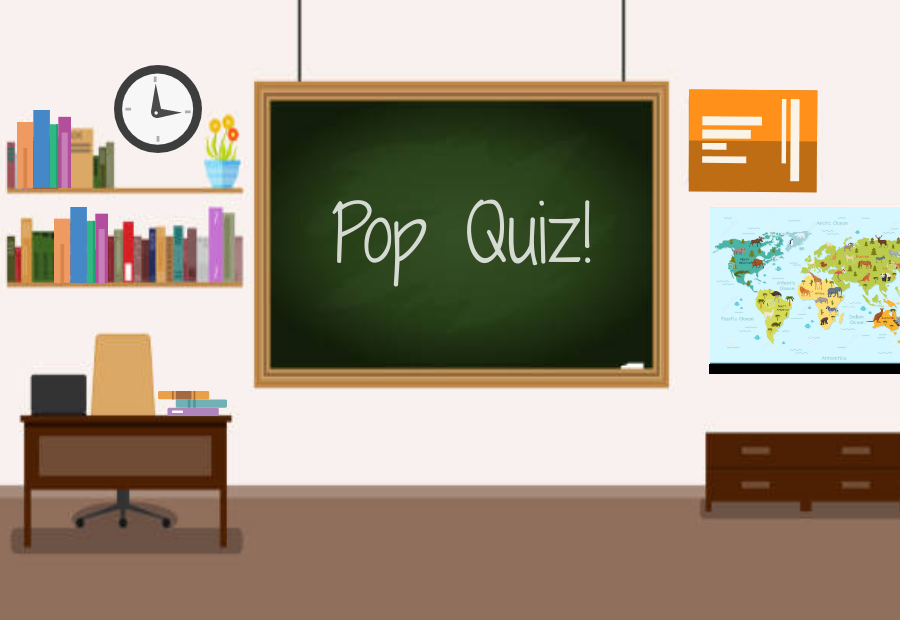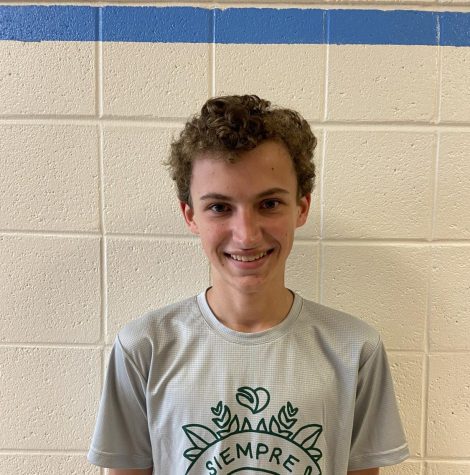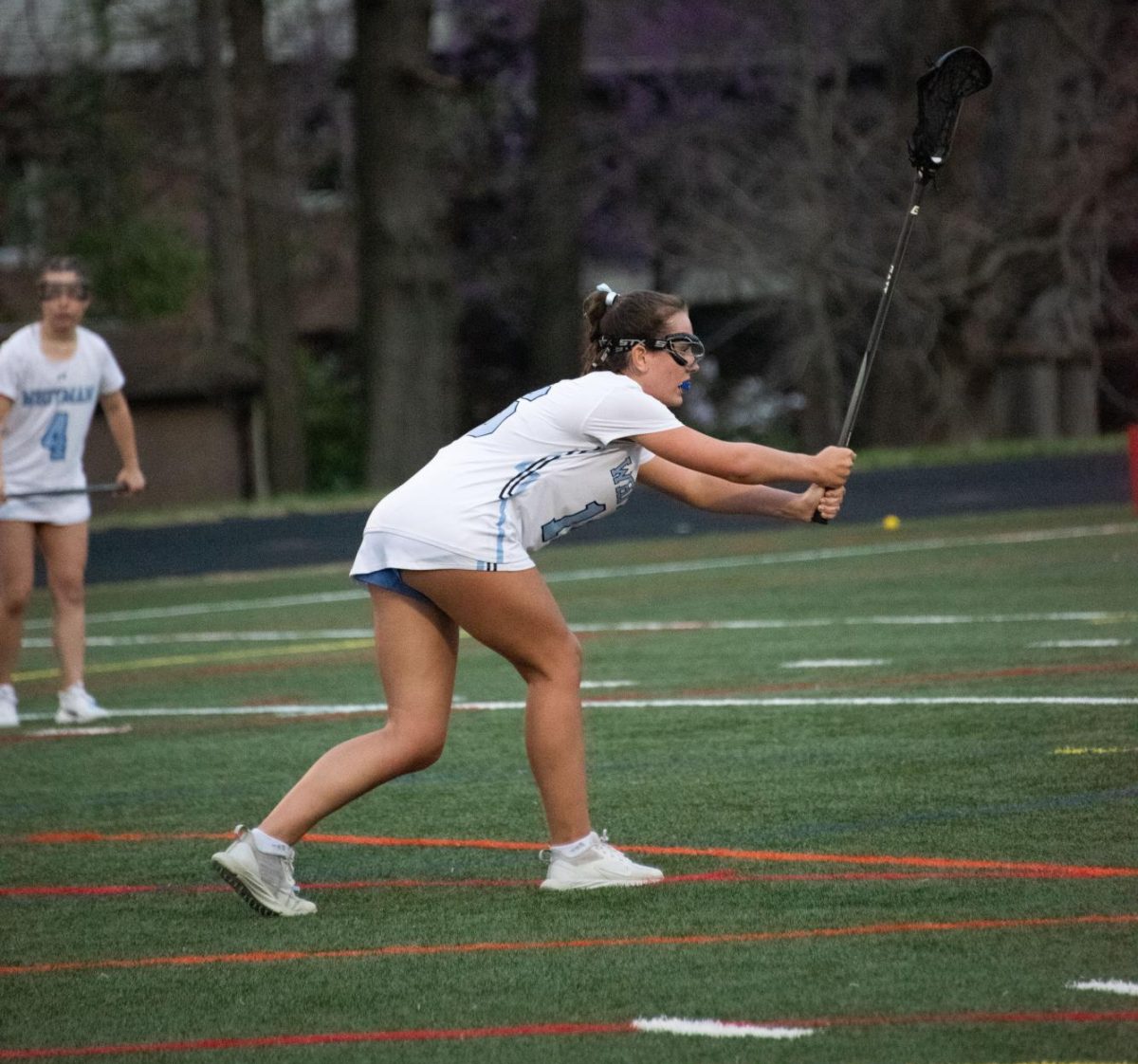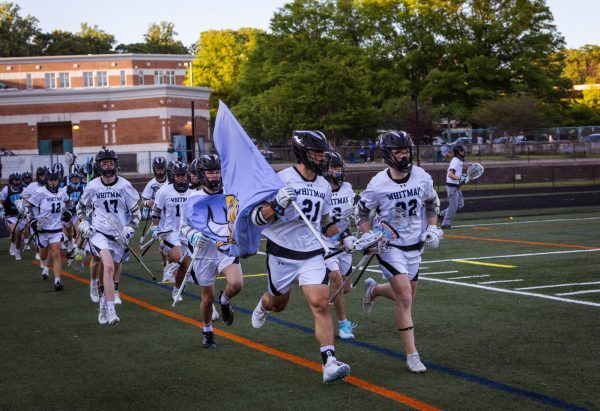For that extra “pop” in school, bring back pop quizzes
I’ll admit it: I love pop quizzes. Regardless of their almost exclusively negative reputation, the incentive they provide me to stay on top of my schoolwork is unparalleled.
June 11, 2021
“Everyone clear your desk,” the teacher announces. “We have a pop quiz.”
In a predictable fashion, the entire class groans. One lone student, however, stands out from the rest: me. I whisper, “Yes.”
I’ll admit it: I love pop quizzes. Regardless of their almost exclusively negative reputation, the incentive they provide me to stay on top of my schoolwork is unparalleled.
Unfortunately, all great relationships must come to an end. In contrast to previous years, teachers nowadays rarely give pop quizzes, a phenomenon partially due to the fact that the tests received criticisms.
“I used to give out reading pop quizzes to my students,” said social studies teacher Gregory Herbert. “But then a parent complained about how I was quizzing their child on material that was only covered in the textbook and not in class, so I stopped giving them.”
But this change was not for the better. The flexibility of virtual learning has caused a number of kids to forgo paying attention in class and skip doing assigned readings. Many kids are also supplementing learning by digging for answers online. A plausible solution to the current cheating outbreak is bringing back pop quizzes.
This year, students have been able to hide behind their names on Zoom and become immersed in distractions around their homes. An array of potential interruptions — particularly the internet — means that students often stop paying attention in class, which destroys the learning process.
If, however, students knew there was a decent chance they would be tested on material within an hour of learning the information, there would be a greater incentive for them to listen. This motivation exists uniquely with pop quizzes. Since teachers typically give the tests at the end of class, there is no time other than during lessons to learn the material before the assessment.
Reintroducing pop quizzes would also help students complete their work on time. According to an informal Black & White survey of 67 students across all grades, the vast majority of Whitman students procrastinate their schoolwork. The survey found that 72% of students “always” or “often” put off their assignments, and worse yet, 25% of survey participants admitted that they consistently turn in work late because they procrastinate.
However, pop quizzes about the homework could help remedy Whitman’s procrastination predicament. If students received quizzes that were difficult if they hadn’t completed their out-of-school practice, they would be more likely to keep up with their assignments, so they wouldn’t get stumped on a surprise test the next day. This possibility stands in contrast to cramming in work right before a unit exam, a method that can cause a great deal of stress and a lack of preparation for the test.
While some students simply delay doing work, many students skip doing some assignments altogether. In some classes, like AP U.S. History, teachers transmit course material primarily through textbook chapters. Students receive grades on the corresponding “reading guides” as a means for instructors to determine if they completed their assigned passages. Unfortunately, this is a flawed way to verify students did the work since some students complete their reading guides using WikiNotes or their peers’ answers.
This is where pop quizzes could fill a void. The impromptu mini-tests would give students added encouragement to complete their readings by the due date.
“I support pop quizzes because it is a great way to impose good reading habits,” said AP Comparative Politics teacher Andrew Sonnabend. “I used to give lots of reading quizzes, particularly at the beginning of the year, and it made students get in the habit of doing their readings.”
Sadly, though perhaps not surprisingly, numerous students stand vehemently opposed to the possibility of pop quizzes making a comeback. Some oppose the surprise tests because of the inherent uncertainty surrounding when teachers will administer them.
“Pop quizzes shouldn’t be used,” sophomore Ryan Kulp said. “They create stress because students don’t have time to prepare for them.”
However, recurrent pop quizzes would address this pressure. If frequent enough, students would likely ready themselves for pop quizzes, which would alleviate unpreparedness for later exams and enhance time management skills.
“Pop quizzes create habits of staying on top of your work, ones that follow you as time goes on,” Sonnabend said.
No matter how unpopular pop quizzes may be, I hope that they make the ultimate comeback story — one that incentivizes students to thrive in their classes.











Lucy Goldberg • Jun 21, 2021 at 8:36 pm
Hi! I’d first like to say that your article was well-written and I appreciate that you included a counter-argument in your piece. However, I’d like to expand on that further with why I do think the cons of pop quizzes outweigh the benefits and the counters I think you left out.
Most importantly, the piece completely fails to acknowledge that students dealing with mental health issues and neurodivergences such as anxiety, depression, and attention issues. People dealing with the aforementioned issues will not experience the increase in study skills you described, because that is not why we procrastinate.
I’ve dealt with all three of the things I listed and I find it borderline disrespectful that you seem to claim that procrastination is entirely attributable to laziness. When I procrastinate, it is because I literally cannot summon motivation previously, because I get distracted easily, or am preoccupied with other anxieties, or just am feeling terrible that day. I like to joke with my friends that the only reason I ever turned things in on time during high school was because the anxiety of not turning things in outweighed the anxiety of doing what felt like a massive burden.
I can get distracted incredibly easily. 45 minute assignments have been known to take three hours. As such, my anxiety spikes dramatically every time I have to begin an assignment because I can expect truly gruesome amounts of work. Readings are worse. In the best case scenario, my anxiety will force me to get it done or I will anticipate a massive backlash. In the worst case, I won’t be able to get it done. Bringing back pop-quizzes would do nothing to address my procrastination, because I’m not putting off work just for funsies. But what it would do is put actual reality behind my fears of massive consequences for failing to complete assignments, which would exacerbate my anxiety, which would make it harder to concentrate, which would cause me to get less work done or procrastinate harder, which is the exact opposite of pop quizzes’ supposed positive impact.
Now, you could claim that this is just my experience, and thus the benefits of pop quizzes outweigh the negatives. However, the numbers would not support this. Surveys from two of the previous four years done by the Black & White suggest that at least 40% of Whitman students struggle with at least one mental illness. Any mental health issue could cause concentration issues, meaning that a large portion of the Whitman population would experience a drop in quality of life, with little gain. I notice that you have provided only the experience of teachers in support of your claim that pop quizzes solve attention and cheating issues. This argument is flawed because as a general rule, teachers are not privy to their students’ struggles unless something goes very wrong. No student wants to go up to a teacher and say, “I have depression.” Thus, your argument that this will actually improve study habits is purely theoretical, and based on the misguided notion that students are choosing to procrastinate because of a lax environment. Bringing back pop quizzes is much more likely to generate harm, without any guarantee of a reward.
I also don’t think there’s an argument that students don’t already face consequences for not doing readings or assignments on time. I have a friend who who was targeted by a teacher for not turning in an assignment, despite the fact they were suffering from serious mental health issues at the time and said as much to the teacher. There are already repercussions. Arguing that adding more punishments will discourage behaviors that are not motivated by fear of punishment doesn’t work in public policy, and won’t work in Whitman policy.
Whitman is not known for its lax environment. I’ve spoken to several mental health professionals and all are aware that rates of anxiety and depression are increasing, bolstered by the heavy workloads and high responsibilities most students take on. Adding pop quizzes would, as Ryan said, increase pressure. Most advanced classes have quizzes or tests almost every week. Students are not under-tested. If people do poorly on tests, the answer is not to give them more tests to do poorly at. Whitman has introduced multiple bandaid-over-bullethole solutions to this issue, and your plan seems to be to take a step back.
As for online learning, I don’t think it should be considered in terms of long-lasting policy changes. Online learning is temporary, but a large policy change would be permanent. And online learning took place during a pandemic. I know it’s contrary to the school’s ethos, but we really should just cut people some slack. So people didn’t pay attention as much during this school year. That’s warranted. Truth is, most people won’t need what they learn in most classes beyond that year, while mental health issues caused by the pandemic or just Whitman being Whitman will take years to address. I should know.
Obviously, people should practice academic integrity. However, punishing all students, especially those with mental health issues, for the actions of some is not how we fix that issue in a positive way. And although I find cheating irritating —especially when I have to work hard just to keep everything together and complete my work honestly— it’s not the end of the world. I would much rather some classmates get answers online than for my siblings who haven’t graduated yet to have to suffer even more than I did during high school.
Bailey Galt • Jun 21, 2021 at 8:25 pm
Although this article brings up problems that are indeed prevalent and need solutions, such as the increase in cheating through Zoom and the level of procrastination and late work, I believe that attempting to solve them with pop quizzes will, even if it does work for some, actively harm others. The author said it themself– the majority of the class dislikes pop quizzes. Although some students will inevitably dislike everything to do with learning, the reputation of pop quizzes is not unearned, especially in the way it affects neurodivergent students and students undergoing difficulties outside of school. Many neurodivergent people do poorly on tests compared to their neurotypical peers, even if they have a similar understanding of the material. As well as that, many neurodivergent people, especially people on the autism spectrum, do not do well with disruptions in routine, and the added stress that the element of surprise would add might worsen their performance. In addition, this stress could also impact people with anxiety disorders. The academic environment of Whitman is already extremely high-stress, and the fear of a surprise test would be enough to make every class miserable. The author of this article argues that basing quizzes on the homework would motivate people to do their homework, but not everyone neglects homework because of laziness; some stop doing it because of the loss of a loved one or other similar trauma. Would adding additional stressors really help these people deal with their situation outside of school? There are systems in place to deal with this– students can request extensions to homework, for example– but these depend on the student asking for them. I, for example, spent the day of my grandfather’s funeral doing history homework because at that point I was too nervous to ask for time to grieve. But what I believe to be the most compelling argument against pop quizzes is this: students shouldn’t be learning to get a grade, they should be learning because they enjoy it. What is a student more likely to remember: a subject that the teacher made genuinely interesting, or a class where they studied almost to death in fear of a surprise quiz? Again, the poor reputation itself speaks to why the pop quiz should not be introduced. It may spur a short term increase in studying, but the goal of school should be to inspire a genuine love of learning in the students, not the fear of failing an unpredictable and arbitrary quiz.